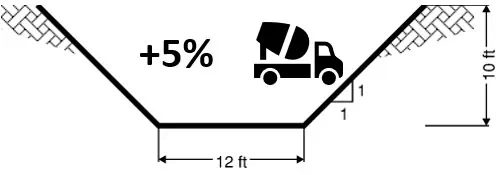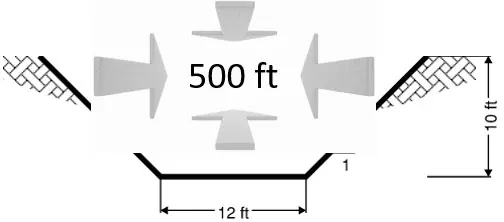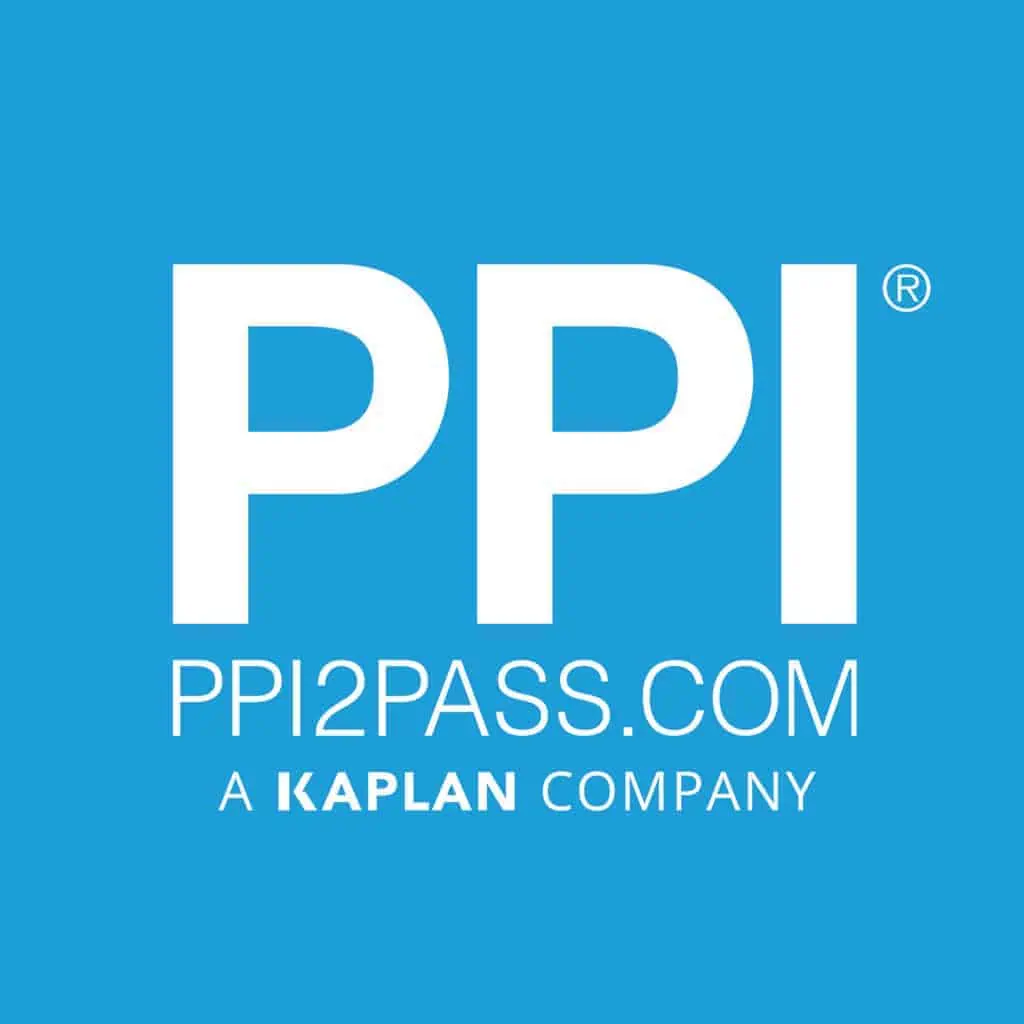In this article (and video above), I talk with Megan Nugent, EIT, a project engineer for Geotechnical Services at Colliers Engineering & Design, who has experienced the unique challenges of both the written and CBT (Computer-Based Testing) exams. Megan shares her firsthand insights and experiences, discussing topics such as balancing graduate studies and exam preparation, the transition from written to CBT format, and the impact of field experience on exam performance.
Here Are Some of the Questions I Ask Megan:
- Could you provide an update on your progress toward obtaining your PE license and give us an overview of your current status in the process?
- Can you talk about your October 2021 written exam experience, how you prepared including weekend classes, what worked, what didn’t, and what you learned from not passing?
- How did you handle balancing your graduate courses, exam preparation, and managing everything leading up to the computer-based test you took?
- Could you share how you modified your study approach for the new computer-based test format?
- Before the exam, it’s crucial for you to familiarize yourself with the codes so that you’re not searching extensively but instead know where to find specific information—can you elaborate on this responsibility and its importance?
- Can you share your thoughts on the morning general civil and afternoon geotech portions of the CBT exam?
- Could you share more about how you structured your study schedule and any strategies you used to stay focused amid other commitments?
- Did you practice more with timing and simulating exam conditions as the exam date neared?
- Did you have the opportunity to collaborate or study with anyone who assisted you in the preparation process?
- Could you discuss the impact of having support on your exam preparation and how it influenced your overall experience during this process?
- Field experience is highly regarded in the engineering field, but can you explain how your real-world experience, particularly in areas like geotech, may have influenced your performance in the PE exam and if there were any direct connections between your practical work and the exam material?
Here Are Some Key Points Discussed in This Episode:
[Read more…] about From Written to CBT: Mastering the PE Exam












